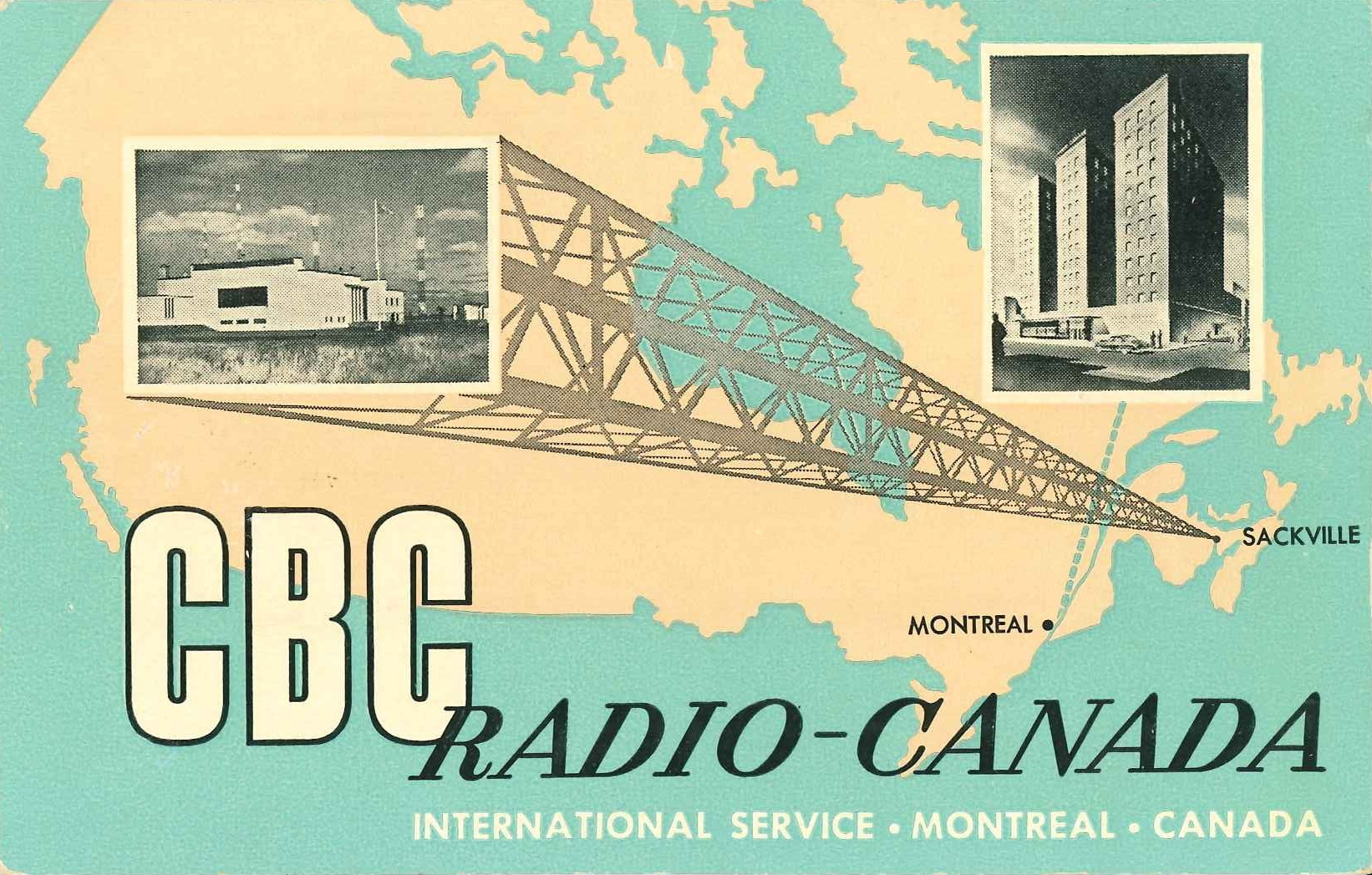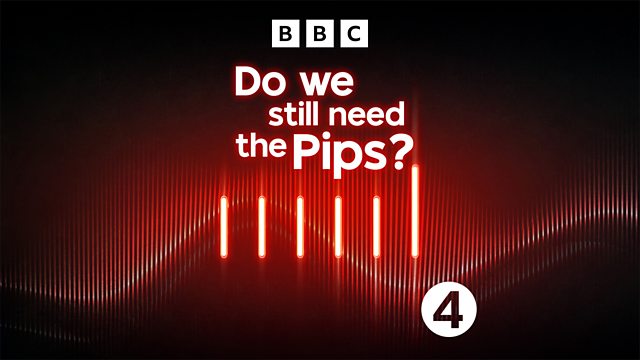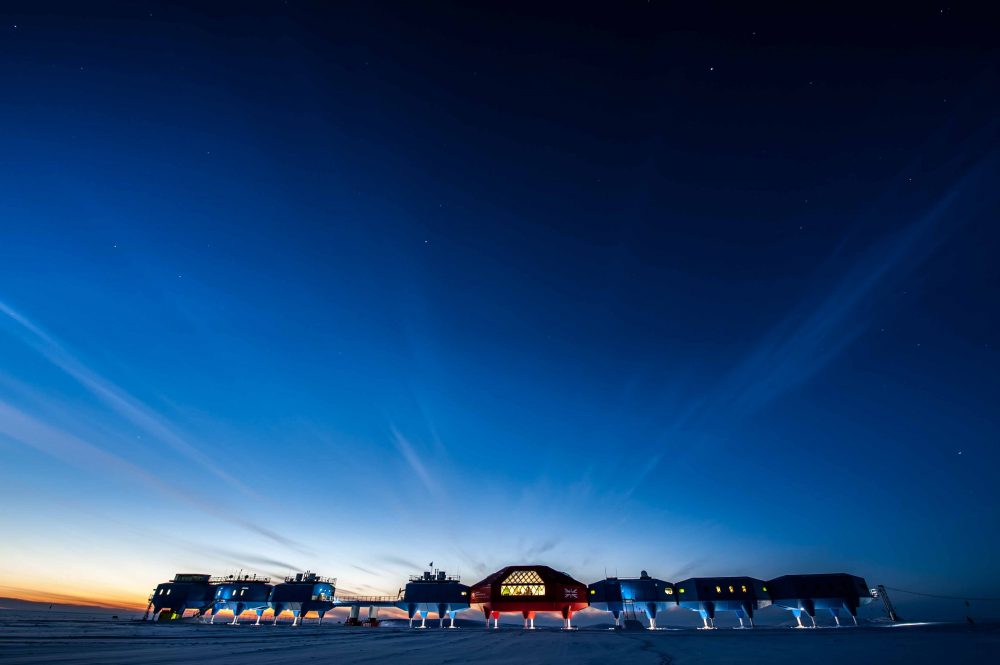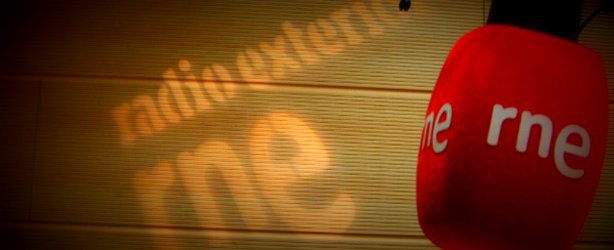 Many thanks to SWLing Post contributor, Richard Langley, who writes:
Many thanks to SWLing Post contributor, Richard Langley, who writes:
Amanda Dawn Christie’s Book on the Radio Canada International Antennas
Amanda Dawn Christie together with Thaddeus Holownia and Radio Canada International has authored a 96-page bilingual book titled “Ghost Stations = Stations Fantômes” a catalogue of an exhibition in the Upper Gallery at 50 Sussex Drive, Ottawa, home of the Royal Canadian Academy of Arts, in March and April 2022. Amanda’s film and a shortwave radio simulcast were featured during the exhibition. From the preface of the book:
“Ghost Stations was an exhibition about the remarkable — and now-demolished — shortwave antenna array on the Tantramar Marshes in Sackville, New Brunswick that Radio Canada International (RCI) used to transmit programming internationally from 1945 until 2012.”
This is a true hard-cover art book with exquisite page display, typography, and binding and comes with a slip cover. Lots of great photographs and two extended essays: “Photography, Film, and Electricity” and “Radio Canada International’s Modern Spirit.” The end-pieces of the book feature images of a CBC Radio-Canada International Service QSL card.
A limited number of copies of the book are available from the Royal Canadian Academy of Arts:
Price List
Pick-up in Ottawa (no shipping)
CAD $50.85
Shipping anywhere in Canada
CAD $70.85
Shipping anywhere in US
$70.00 (U.S. Dollars)
Shipping Outside of USA/CANADA
CAD $85.00
How to Pay:
Through cheque
Send a cheque through the post:
Payable to the RCA
50 Sussex Dr
Ottawa, ON
Canada
K1M 2C9
Online
Pay through paypal link:
Follow the link paypal.me/RCAARC






